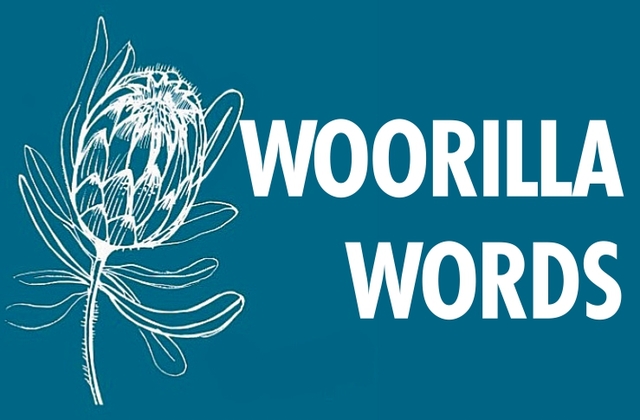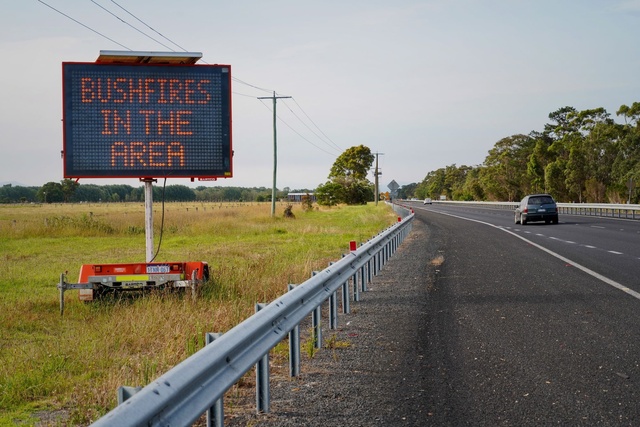By KATH GANNAWAY
POLICE play a vital role in the front-line response to family violence.
The Royal Commission into Family Violence released on 30 March identified an effective police response as “essential to victims’ ability to remain safe, receive a fair outcome, and recover from the violence”.
It’s a big call in a region like Yarra Ranges where, anecdotally, family violence takes up a huge slab of police time – and resources at station level are stretched.
The commission’s report acknowledges that significant changes have taken place in Victoria Police in the last 15 years, the police show “great leadership and commitment to improving the way it responds to family violence” and applauds the Code of Practice that now exists.
It also calls on Victoria Police to make improvements to ensure that family violence is regarded as ‘core business’ and delivers recommendations around leadership, training, culture and attitudes, intervention orders and other aspects of police response that cover police cadets right through the ranks to the Chief Commissioner.
Inspector Peter Wheeler is in charge of Eastern Region Division 2 that takes in Yarra Ranges, Maroondah and Knox regions.
He says quantifying the amount of time police spend on family violence is difficult.
Along with mental health, drugs, alcohol and road trauma related incidents, he says, however, it is significant.
“I am confident in saying that if you look closely, certainly not in all cases, but more often than not, there is cross-pollination within family violent incidents with issues such as drugs and alcohol or mental health that all contribute to family violence.”
Eastern Region 2 has established a Family Violence Unit and there are Family Liaison Officers in police stations.
Inspector Wheeler said he was aware in the report of the difficulties associated with time between a police response to a family violence call and getting before the courts in a timely way.
This is being addressed, he said through the introduction of a more streamlined process to get the matter before the court, or to relevant support services.
“The referral process is aimed at getting both the perpetrator and aggrieved family member before people with the skills and knowledge to drill down to the causational factors of the conflict and provide the individual with coping mechanisms to mitigate ongoing behaviour,” he said.
He said repeat attendances to the same addresses take up a lot of police time, and with multiple attendances comes an increased risk.
New approaches are more effective in minimising re-attendance and therefore more effective in minimising risk of repeat offenders and repeat victims, Inspector Wheeler said.
EDVOS (Eastern Domestic Violence Service) CEO Jenny Jackson says there has been a significant preparedness of people to come forward, expose family violence and have the offending person held accountable.
This has no doubt contributed to an increased load on police which Ms Jackson says police they work with put at between 40 to 60 per cent of their workload.
She says EDVOS would like to see more programs like the Repeat Police Attendance and High Rise Responses that operate in the eastern region.
“These are for families where police are called a number of times, or where women and children are considered to be at risk,” she explained.
“Police go out once a week with our worker and visit those homes and talk to the women and children about their safety.
“Programs like that will be much more desirable in the future,” she said.
Ms Jackson said increasing the amount of work police and services do together will make a big difference.
“What it does is clearly demonstrate to women and children that they are not to blame and allows police to follow up with the perpetrator or respondent,” she said.
“We know that the presence of alcohol and drug use can exacerbate family violence even further, but they are not a cause, and the same applies to mental health.
“Issues around power and control are what cause family violence.”
On police attitudes to family violence, Ms Jackson said there has been a significant change over time and that Royal Commission recommendations for police at entry level had the potential to make a difference.
Always phone triple-zero for police in an emergency.
For EDVOS phone 9259 4200 or 1800 RESPECT (1800 737 7328) for 24-hour help.
The commission’s report is available at www.vic.gov.au/familyviolenceresponse







